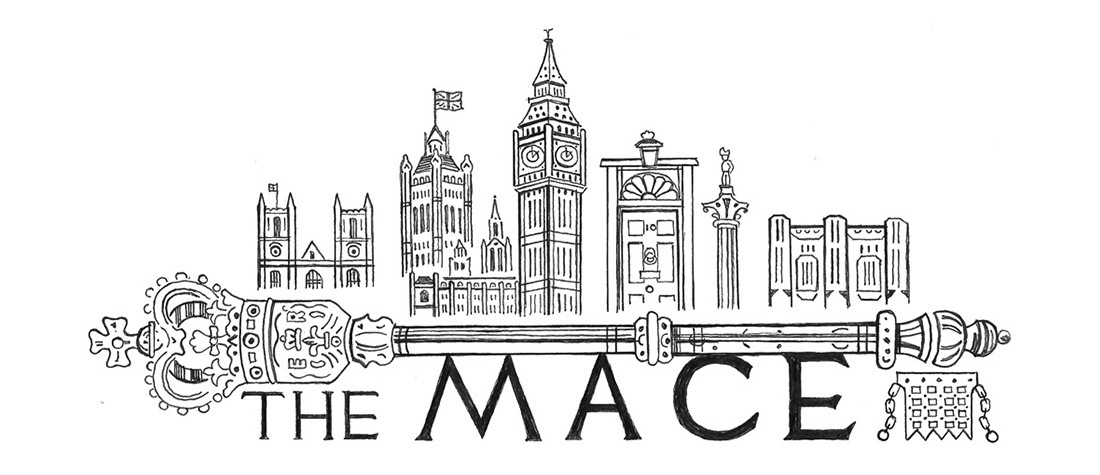Johnson’s ambition makes the timing of Mace’s launch – ten days before our EU departure – all the more pertinent. But don’t think the PM who has so audaciously brought his party to heel and won his Christmas election will hold back on his reformist agenda.
Johnson’s ambition makes the timing of Mace’s launch – ten days before our EU departure – all the more pertinent: once we are adrift, the government can expect a shake-up comparable to that other landmark election for British democracy, 1832.
That was the year when Charles Dod, the Irish journalist turned publisher, published his first parliamentary companion to mark the new shift in democratic power – away from a government ruled by Victorian clubland – following the Reform Act, or The Representation of the People Act. After working for The Times in the press gallery, Dod’s insight was that a wider electorate required a new accountability. Our insight is similar: now the nature of power is changing that shift deserves its journalistic counterpart.
Dod would have been fascinated by the rumoured ‘Valentine’s Day Massacre’ in Whitehall. These changes could be seismic: a possible new Border and Immigration Department separate from the Home Office; the International Development office merged with the Foreign Office; and a blueprint drawn up by Lord Salisbury for a reformed House of Lords.
The PM’s chief adviser, Dominic Cummings, is a disrupter who brings to mind the anarchist Verloc in Joseph Conrad’s The Secret Agent (1907), a man set on the “destruction of what is”. As confirmed by his ‘weirdos wanted’ blog recruitment ad, the PM’s adviser believes that in order to reform the system you have to hurl a few grenades at the Establishment.
The reconfiguration of departments may begin with Justice – the subject of our first Westminster Index (see page 87). The possible changes are so radical that Sir Mark Sedwill, head of the civil service, who had been expected to be in Washington, is staying on to oversee restructuring from the Orwellian-sounding Machinery of Government unit.
It’s all a reminder that the lines of influence between special advisers, lobby firms, think tanks and politicians have become blurred. How do ministers choose which venture capital firms to co-partner public infrastructure projects? Which firm will best train your CEO for a high-pressure select committee appearance?
The landscape of Westminster is never changed precisely by the people you might expect. That’s why this magazine is filled with the backstage cast of real political influencers. Readers will find out which lobbyists are shaping policy and legislation, and which MPs are listening to those lobbyists.
This is an age in which – particularly in relation to Brexit and the environment – businesses are acutely aware of the social impact that politics has on their performance. But if you talk to business leaders – to CEOs, senior partners of law firms and FTSE public policy heads – many still view the ‘Westminster Tunnel’ as in some way siloed and impregnable. This feels wrong in our transparent and digital age: the public has a right to know how and where influence resides.
It’s the right moment for Mace. David Cameron thought that the buying of political influence was the “next big scandal waiting to happen”. Yet we don’t believe a new magazine can catch the spirit of the age by being too earnest. We hope to create an entertaining cross-party magazine that covers not just politics but the arts as well. From Disraeli to Dickens, Pepys to Turner, and through to today’s newspaper cartoonists, Westminster remains an inspiration for British culture and arts. Mace intends to celebrate this tradition.
Until now, the rooms of power have been unsatisfactorily reported upon: so much has been largely invisible. We hope to shed light and to share insight. To draw back the Westminster curtains. We have no political allegiance. Like Dod, we aim to write “without the taint of bias” – and, like him, hope still to be publishing
and entertaining readers in 150 years’ time.


